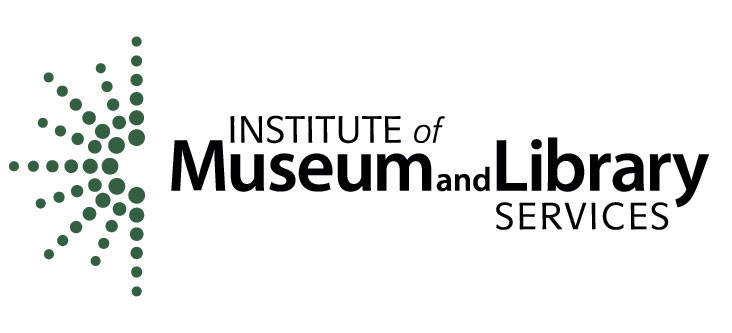Analytics and Advocacy for Service Development Curriculum Guide
Analytics and Advocacy for Service Development (AASD) empowers Academic librarians to effectively and systematically leverage national and local data in order to communicate impact narratives that convey to stakeholders how their libraries bolster student learning and success.
Background
AASD is based on two successful principles utilized in two previous immersive program models that demonstrated the value of utilizing a team approach in fostering a learning community.
- I-LEAD: developed and led by Anne Craig during her time as the Director of the Illinois State Library.
- Assessment in Action: developed as a piece of the Association of College and Research Libraries’ (ACRL) Value of Academic Libraries initiative, which Lisa Hinchliffe led as her presidential initiative when serving in the top leadership post for the membership organization.
The AASD curriculum is designed to prepare academic librarians to make effective use of research findings on the impact of libraries on student success. Participants learn how to use local library data analytics to improve their services and demonstrate their value in competitive campus budgeting processes, accreditation reports, and program reviews.
Content was originally developed for CARLI Counts: Analytics and Advocacy for Service Development, which was made possible by funding from the Laura Bush 21st Century Librarian Program Grant through the Institute of Museum and Library Services.
Designed for Broad Impact
The AASD Curriculum Guide will seed a long-lasting state/regional continuing education program that can serve as a national model for how consortia might serve their members’ needs for training related to value, library impact, and assessment. The development of the CARLI Counts program was guided by the focus on creating a replicable training curriculum, and that is highly transportable to other contexts because of the distinctive nature of the design of the deliverables.
Training Materials
- Analytics and Advocacy for Service Development Getting Started Guide
- Analytics and Advocacy for Service Development Trainer Workbook
- Analytics and Advocacy for Service Development Participant Workbook
AASD pedagogy uses peer-to-peer learning and community of practice approaches. Participants engage with team-based and cohort structures to foster collaborative learning, sustained interaction through face-to-face and online training sessions, year-long project work, and a culminating presentation. The AASD training is highly participatory and is designed to include multi-day immersive training experiences, with supplementary content offered as needed via 30-60 minute webinars.
AASD Core Curriculum
The AASD Core Curriculum includes eight sequential modules:
- Program Overview
- Unpacking Variables & Claims
- Research Question Development
- The Research Question, Variables, & Methods
- Respect for Human Subjects in Advocacy Work
- Methods and Participants
- Data Analysis and Data Narratives
- Community Communication
AASD Poster Template.
For additional information, or with questions about this curriculum, please send an email to CARLI Support.
Modules within this curriculum were originally developed and delivered by Lisa Janicke Hinchliffe as lectures for three cohorts (2019/20, 2020/21, and 2021/22) of CARLI Counts participants. Workbook content from these lectures and the cohort learning management system platform was curated and edited by Cathy Mayer.

This project was made possible in part by the Institute of Museum and Library Services, Grant Number RE-95-18-0084-18.

